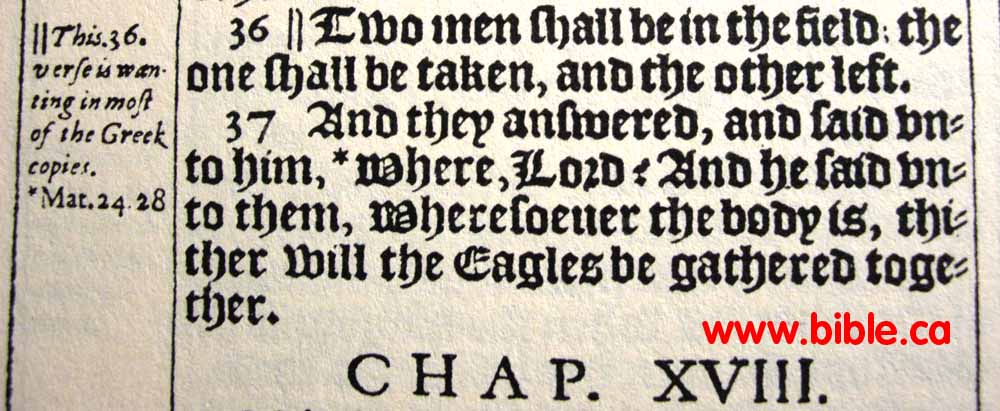Now we can discuss John 1:18, "God" or "Son." One reading is God's word. The other is not.
Absolutely.
This one concerns me less than some of the others because Jesus is God and Jesus is being referred to regardless if we accept θεος (theos/God) or υίος (huios/Son). Jesus has clear been established by John as the μονογενής (monogenes) of chapter 1 and 3 and I have no knowledge of a Greek Manuscript that doesn't read μονογενής θεος or μονογενής υίος. It is also difficult to decide. It would be really easy for scribe to have an error reading and write the wrong word. In the form as nominative sacra, they are only 1 letter different. Granted, that letter looks much different.
The NA28 read "God".
The THGNT reads "Son" (my preferred text)
Robinson's Byzantine reads "Son"
Scrivener TR reads "Son"
SBL reads "God"
Among the most popular Greek new testaments "Son" is favored.
Modern translations are pretty split on which reading they follow.
ESV, NET, NASB, read "God"
NIV, CSB, WEB, NKJV, read "Son".
Historically "son" is favored by English translations.
In the latest edition of the UBS/NA the apparatus does look like the reading of "God" has slightly more weight externally. 01, 33, B, C, some the oldest Syriac, p66, p75, and several church fathers...some of these early leaders may have knew of both readings.
Internally for John to declare Jesus as the μονογενής θεος is the most power statement of his deity in the Bible...if that is the correct reading. If this is the correct reading it does harm to the reading "only begotten Son". Which is a reason many reject this reading. They want "only begotten Son" in there Bible.
If the reading is μονογενής υίος then it still supports Jesus' uniqueness and allows for the famous phrase "only begotten Son".
I prefer the μονογενής θεος (God) due internal support of John's argument of Jesus being (μονογενής) unique among all beings. This reading also echos 1:1 where it is stated Jesus is God. Granted if I believed John was establishing Jesus as "only begotten" in chapter 1, I would support μονογενής υίος (son) as I would perceive the internal evidence as suggesting such.
Overall if I had to rate my certainty that "unique God" or "only God" was the correct reading. In the scale of the UBS, I would say "C" (they rated it as a B).
A "c" is the equivalent of saying the decision is made with difficulty.
Sent from my SM-G965U using Tapatalk

